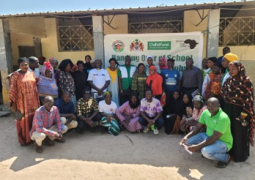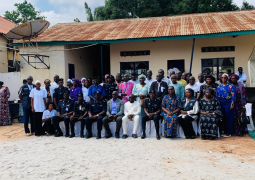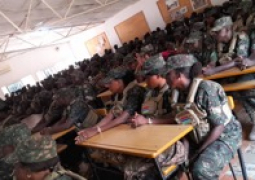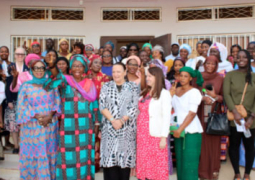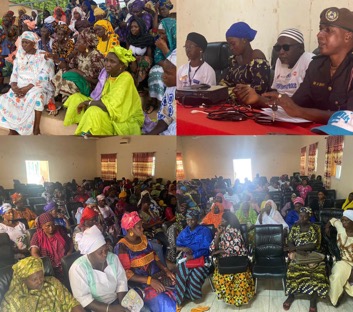
These women made these remarks recently during Gender Platform’s community outreach to sensitise rural communities on the rights, participation and promotion of gender matters.
The outreach also seeks to enlighten rural communities about harmful cultural practice such as Female Genital Mutilation (FGM), Gender-Based Violence (GBV) and other forms of violence against women and children.
At Kaur in Central River Region North, the organisation engaged the community in frank discussion relating to gender-based violence occurring in rural communities and most of the times women keep silent about it.
They stressed that such acts should not be entertained and the community remain mute acknowledging that ‘if they kept quiet about it’, it could be repeated.
Also, the women of Kaur, acknowledged that the community is committed to banning all forms of harmful traditional practice affecting the wellbeing of women and children, saying the community is against all forms of harmful cultural practice such as FGM.
In the Upper River Region, Jankey Drammeh, a native of Tumana Ward, Basse, also expressed similar sentiments.
“We know that women are more than men and ‘if one woman should go through that FGM and limits her sexual desire, the husband could go out to look for another woman.” she added.
Mariama Cham, a social welfare assistant in Basse, URR, also spoke about the recent surge in sexual harassment, acknowledging that a lot of women go through it, but never report it because families will get involved and at the end, the problem gets under the carpet.
She said ‘if such violence were not reported’, it will continue happening, thus referring people to always call their toll-free lines to report any suspected case of harassment in their area.
Jambang Balejo, a native of Samba Gabubeh, URR, also shared a touching account in terms of difficulties she endured after being married at an early age.
Being married at the age of 15, Balejo recalled some of the challenges and complications she went through.
Modou Bah, deputy head Gambia Immigration Department in Basse, URR, expressed similar sentiments.
He also called on parents to ensure that their children have proper documents such as birth certificate and ID cards.
“Traveling with children without proper documents is not allowed and we take strict measures to make sure every child traveling with an adult has documents from social welfare or a valid one that could be proven to be correct.”, Bah pointed out.
Meanwhile, Gender Platform research revealed that The Gambia is a signatory to many international and regional treaties including The Conventions for the Protection of Women and Girls. Most of these were later domesticated in the 1997 constitution of The Gambia.


